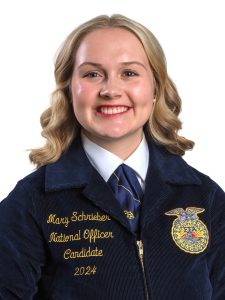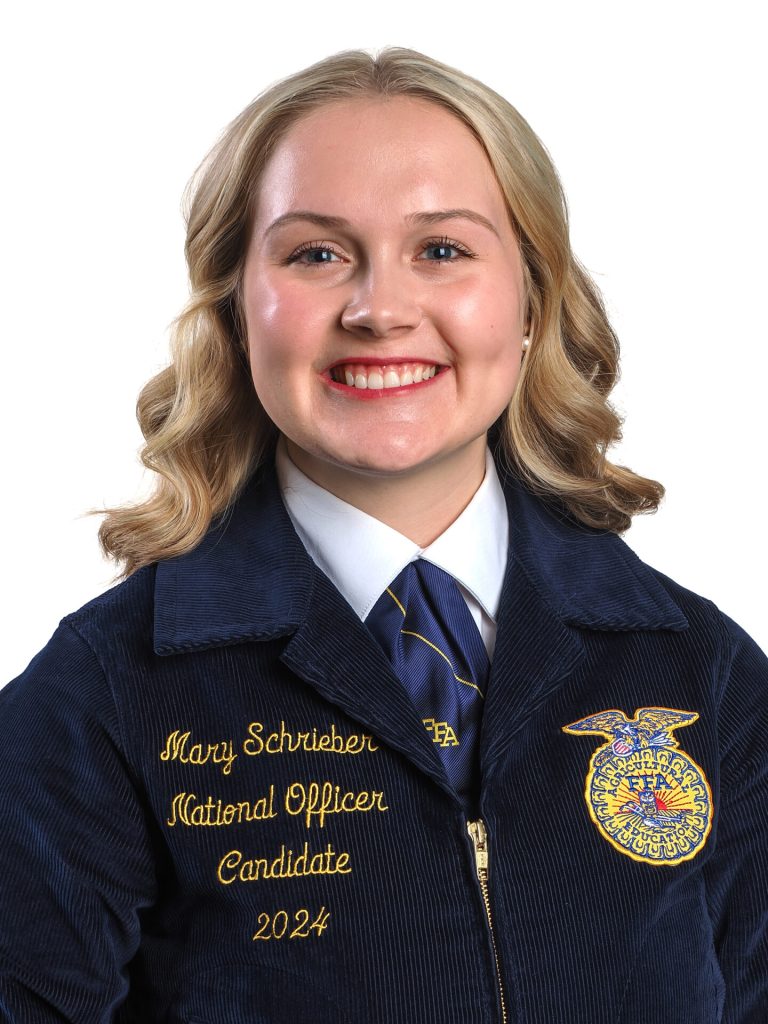IARN — Now that African Swine Fever has been confirmed in the Dominican Republican, many are wondering what would happen if ASF were to potentially spread in the United States. USDA’s Chief Veterinarian Officer explains that ASF would be damaging to the U.S. economy.
U.S. officials have heightened protection measures to keep ASF out of the country now that the virus has been discovered in the Western Hemisphere for the first time in 40 years.
Dr. Jack Shere is an Associate Administrator for the USDA’s Animal and Plant Health Inspection Service (APHIS), and a 1987 graduate of Iowa State’s College of Veterinary Medicine. We asked him what would happen if African Swine Fever were to be detected here in the United States.
“The swine industry in the United States exports about 28 to 30 percent of their production,” said Shere. “If we had a single diagnosis of ASF in the United States, all of the countries in the world would shut us off in our exports until we could determine the length and breadth of infection, and then quarantine that infection and make sure that there was no further spread.”
Shere explains the protocols the country has in place should a foreign animal disease such as ASF be discovered on U.S. soil.
“We have in place – if there’s a single diagnosis – a 72-hour hold,” said Shere. “That means nothing moves. No one moves hogs until we can get an idea of the length and breadth of the spread and then do all of our tracing and get our quarantines in place. It would be a big deal. This would be very damaging to the U.S. economy.”
Shere adds that an ASF outbreak in the U.S. could cost the swine industry up to $30 billion over a four-to-five-year period.
“That being said, it would be devastating to the hog prices and what hogs were worth,” said Shere. “There would be a huge crisis in depopulation and disposal of all these animals because here in the United States, we have up to one million pigs on the road every day going somewhere from somewhere else.”
In a press release, the USDA said it is committed to assisting the Dominican Republic in dealing with ASF. The department is offering continued testing support and will consult with Dominican officials on additional steps or actions to support response and mitigation measures.
Story courtesy of the Iowa Agribusiness Radio Network
Pictured: Dr. Jack Shere — an Iowa State alum — serves as the Chief Veterinary Officer for the U.S. Department of Agriculture. (Photo courtesy of USDA)













